What You Need To Know About The Mighty Power of Beets: A Comprehensive Guide to Optimal Healing and the 10 Incredible Health Benefits
Unveiling the Mighty Power of Beets: A Comprehensive Guide to Optimal Healing and the 10 Incredible Health Benefits
Overview
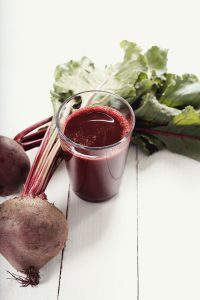
Understanding Beets: A Nutritional Snapshot
Beets belong to the Chenopodiaceae family, which also includes chard and spinach. Beets are prized for their vibrant red color and sweet, earthy flavor. They are grown in temperate regions around the world and are popular in culinary traditions across various cultures.
Beets are rich in essential nutrients, including folate, manganese, potassium, and vitamin C. They also contain dietary fiber and unique antioxidants called betalains, which give them their characteristic color. These antioxidants have been linked to various health benefits, including improved heart health, enhanced exercise performance, and anti-inflammatory properties.
Beets can be consumed in various forms, including raw, cooked, or juiced. They can be roasted, boiled, or steamed and are commonly used in salads, soups, and side dishes. The leaves of the beet plant, known as beet greens, are also edible and can be cooked similarly to spinach or chard.
In addition to their culinary uses, beets have also been used for medicinal purposes in traditional medicine. They have been suggested to have detoxifying properties and may support liver health.
Beets are a nutritional powerhouse, boasting a rich profile of vitamins, minerals, fiber, and plant compounds. They are low in calories and fat, yet high in valuable nutrients. A single serving of beets can provide an impressive range of essential nutrients, contributing to overall health and wellness.
Here’s a quick overview of the nutrients you can find in a 100-gram serving of raw beetroot:
- Calories: 43
- Water: 88%
- Protein:6 grams
- Carbs:6 grams
- Sugar:8 grams
- Fiber:8 grams
- Fat:2 grams
Beets are packed with vitamins and minerals, most notably folate (vitamin B9), manganese, potassium, iron, and vitamin C. These nutrients play a key role in everything from tissue growth and cell function to immune system support and skin health.
Overall, beets are a nutritious and versatile vegetable that can be a valuable addition to a balanced diet. They offer a range of health benefits and can be enjoyed in a variety of delicious dishes.
Beets Mineral and Vitamin Profile
Beetroot is rich in various vitamins and minerals, each offering unique health benefits:
- Folate (Vitamin B9): Essential for cell division and DNA synthesis, folate is particularly important during periods of rapid growth, such as pregnancy. It also plays a role in red blood cell formation and the prevention of neural tube defects in infants.
- Manganese: An essential mineral involved in bone formation, metabolism, and antioxidant function. Manganese also supports wound healing and helps maintain healthy skin.
- Potassium: Crucial for maintaining fluid balance, potassium supports proper muscle function, nerve transmission, and heart health. It helps regulate blood pressure and may reduce the risk of stroke and kidney stones.
- Vitamin C: An antioxidant that helps protect cells from damage caused by free radicals. Vitamin C is essential for collagen synthesis, wound healing, and immune function. It also enhances the absorption of non-heme iron from plant-based foods.
- Iron: Necessary for the production of hemoglobin, which carries oxygen in red blood cells. Iron also supports energy production and immune function.
- Magnesium: Involved in over 300 enzymatic reactions in the body, magnesium plays a role in muscle and nerve function, energy production, and bone health. It also helps regulate blood sugar and blood pressure levels.
- Phosphorus: Important for bone health and energy production, phosphorus also plays a role in cell repair and maintenance.
- Zinc: Essential for immune function, wound healing, and DNA synthesis. Zinc also supports growth and development during pregnancy, infancy, and childhood.
By including beetroot in your diet, you can benefit from these vitamins and minerals, supporting overall health and well-being. However, it’s essential to consume beetroot as part of a balanced diet to ensure you’re getting a wide range of nutrients.
Health Benefits of Beets: A Closer Look
1. Packed with Antioxidants
One of the notable health benefits of beets is their high antioxidant content. Beets are rich in betalains, a type of natural plant pigment with potent antioxidant and anti-inflammatory properties. Antioxidants help the body combat oxidative stress, a damaging process linked to chronic diseases, including heart disease and cancer.
2. Potential Anti-Cancer Properties
In addition to their antioxidant properties, beets contain compounds that may have anti-cancer effects. These include betaine, ferulic acid, rutin, kaempferol, and caffeic acid. While more research is needed, initial studies suggest that certain compounds in beets could help slow the growth of cancer cells.
3. Beneficial for Heart Health
Beets are naturally rich in nitrates, compounds that can enhance heart health. Dietary nitrates are converted into nitric oxide in the body, a molecule that relaxes and dilates blood vessels, resulting in lower blood pressure. This can contribute to a reduced risk of heart disease and stroke.
 4. Boost Athletic Performance
4. Boost Athletic Performance
The dietary nitrates in beets have been linked to improved athletic performance. They enhance the efficiency of mitochondria, the powerhouses of cells responsible for energy production. This can increase endurance, reduce exhaustion, and boost overall exercise performance.
5. Anti-Inflammatory Properties
The betalains in beets have shown anti-inflammatory effects in several studies. Chronic inflammation is linked to various health conditions, including heart disease, obesity, and certain types of cancer. Regular consumption of beets may help reduce inflammation and its associated health risks.
6. Support Digestive Health
Beets are high in fiber, which is beneficial for digestive health. Fiber adds bulk to stool and feeds the friendly gut bacteria, promoting regular bowel movements and preventing digestive conditions like constipation and inflammatory bowel disease.
7. Brain Health Support
The nitrates in beets have been found to improve blood flow to the brain, potentially enhancing cognitive function, decision-making abilities, and working memory. This makes beets a valuable addition to diets aimed at supporting brain health.
8. Assist in Detoxification
Beets are a valuable source of betaine, a compound that helps the liver process fats and eliminate toxins. This can aid in liver detoxification, contributing to overall health and well-being.
9. Aids in Weight Management
Beets are low in calories and high in water and fiber, making them an ideal choice for those aiming for weight loss or weight management. The fiber content in beets can also promote feelings of fullness, reducing overall calorie intake.
10. May Alleviate Symptoms of Raynaud’s Phenomenon
Preliminary research suggests that the high nitrate content in beetroot may relieve symptoms of Raynaud’s phenomenon, a condition characterized by reduced blood flow to the fingers and toes.
Diseases Helped by Consuming Beetroots
Beets are rich in nutrients and antioxidants that may offer a range of health benefits and potentially alleviate certain diseases. Some of the conditions that beets may help alleviate include:
- Hypertension (High Blood Pressure): The nitrates in beets can help dilate blood vessels, which may lead to lower blood pressure levels. This effect may help reduce the risk of hypertension and related cardiovascular diseases.
- Inflammation: Betalains, the pigments that give beets their vibrant color, have been studied for their anti-inflammatory properties. Consuming beets may help reduce inflammation in the body, which is associated with various chronic diseases.
- Constipation: Beets are a good source of dietary fiber, which can promote regular bowel movements and help alleviate constipation.
- Liver Health: Some studies suggest that compounds in beets may support liver health and protect against liver damage. Beets are also thought to have detoxifying properties that can help the liver function more efficiently.
- Anemia: Beets are a good source of iron, which is essential for the production of hemoglobin in red blood cells. Consuming beets may help prevent or alleviate iron-deficiency anemia.
- Exercise Performance: The nitrates in beets have been shown to improve oxygen utilization during exercise, potentially enhancing exercise performance and endurance.
- Cognitive Function: Some research suggests that the nitrates in beets may improve blood flow to the brain, which could benefit cognitive function and help protect against cognitive decline.
It’s important to note that while beets offer potential health benefits, they should not be used as a sole treatment for any medical condition. Always consult with a healthcare professional for proper diagnosis and treatment of any health concern.
Incorporating Beets into Your Diet: Delicious Ideas
Beets are not just nutritious but also incredibly versatile and easy to incorporate into your diet. They can be enjoyed raw, roasted, steamed, pickled, or even as juice. Here are some creative ways to add more beets to your meals:
- Beet Salads: Grated beets add a vibrant touch to any salad. Pair them with goat cheese and walnuts for a gourmet touch.
- Beet Juice: Fresh beetroot juice is a nutritious and refreshing beverage. You can also blend it with other fruits and vegetables for a healthy smoothie.
- Beet Soup: Beetroot soup, also known as borscht, is a popular dish in Eastern Europe.
- Roasted Beets: Roasting brings out the natural sweetness of beets. Toss them with olive oil and your favorite herbs before roasting for a delicious side dish.
The Forms of Supplementation
When considering beet supplementation, there are a few forms to choose from, each with its advantages:
- Beetroot Powder: Beetroot powder is made from dried, ground beetroot. It can be easily added to smoothies, juices, or water for a convenient
way to consume beets. Look for a powder that is made from organic beets and does not contain added sugars or artificial ingredients.
- Beetroot Juice: Beetroot juice is another popular form of supplementation. It can be consumed on its own or mixed with other juices. Look for a juice that is 100% beetroot juice with no added sugars or preservatives. It is best to Juice your very own fresh at home.
- Beetroot Extract: Beetroot extract is a concentrated form of beetroot that is typically available in capsule or tablet form. This form of supplementation allows for precise dosing and may be more convenient for some people.
- Whole Beets: Eating whole beets is another option for supplementation. You can roast, steam, or boil beets and incorporate them into your meals. Eating whole beets provides the added benefit of fiber, which is important for digestive health.
When choosing a beet supplementation form, consider your preferences and lifestyle. For example, if you prefer a quick and easy option, beetroot powder or capsules may be more suitable. If you enjoy the taste of beets and prefer a more natural approach, whole beets or beetroot juice may be preferable.
It’s also important to choose a high-quality supplement from a reputable manufacturer to ensure you are getting a safe and effective product. As with any supplement, it’s a good idea to consult with a healthcare professional before starting beet supplementation, especially if you have any underlying health conditions or are taking medication.
The Dangers of Beetroots
While beetroot is generally considered safe for most people when consumed in moderation as part of a balanced diet, there are some potential risks and side effects to be aware of:
- Kidney Stones: Beets are high in oxalates, compounds that can contribute to the formation of kidney stones in susceptible individuals. If you have a history of kidney stones or are at risk for them, it’s advisable to consume beets in moderation and drink plenty of water to help prevent the formation of stones.
- Allergic Reactions: Some people may be allergic to beets or other plants in the same family, such as chard or spinach. Allergic reactions can range from mild itching or swelling to more severe symptoms like difficulty breathing. If you experience any signs of an allergic reaction after consuming beets, seek medical attention immediately.
- Gastrointestinal Issues: The fiber content in beets can sometimes cause digestive issues such as bloating, gas, or diarrhea, especially when consumed in large quantities. If you have a sensitive digestive system, it’s best to introduce beets into your diet gradually to assess your tolerance.
- Interference with Calcium Absorption: Oxalates in beets can bind to calcium in the gut, potentially reducing the absorption of calcium from other foods. This is more of a concern for individuals who are at risk for calcium deficiency or osteoporosis.
- Blood Pressure Lowering Effects: While the nitrates in beets can help lower blood pressure, consuming large amounts of beet juice or beet supplements can cause a sudden drop in blood pressure, leading to dizziness or fainting. It’s important to monitor your blood pressure regularly if you are consuming beets for their blood pressure-lowering effects.
It’s always a good idea to consult with a healthcare provider or nutritionist before making significant changes to your diet, especially if you have underlying health conditions or concerns about potential interactions with medications.
Final Thoughts
Beets are a nutrient-dense superfood that offers a myriad of health benefits. From heart health to athletic performance, the potential benefits of beets make them a valuable addition to any diet. Whether you enjoy them in a salad, as a juice, or in a hearty soup, beets are a delicious and nutritious choice for promoting overall health and wellness.
Remember: While beets have numerous health benefits, but if you have a medical condition or are on medication, it’s always best to consult your healthcare provider before making significant dietary changes.
Remember: Own Your Health!
For natural and healing remedies, products, and supplements to help you live your most optimal healthy life, visit our store here!
If you enjoyed the information presented in this article, Please Share It. Help us reach more people and keep this website going! Thank you!
Disclaimer: The information provided in this article is for educational purposes only and should not be considered medical advice. Please consult with a healthcare professional or registered dietitian before making any significant changes to your diet or lifestyle.
References
- https://health.clevelandclinic.org/the-health-benefits-of-beets
- Simon PW. Domestication, historical development, and modern breeding of beets. Plant Breed Rev. 2000;19:157-190.
- Kapadia GJ, Azuine MA, Rao GS, et al. Cytotoxic effect of the red beetroot (Beta vulgaris L.) extract compared to doxorubicin (Adriamycin) in the human prostate (PC-3) and breast (MCF-7) cancer cell lines. Anticancer Agents Med Chem. 2011;11(3):280-284. doi:10.2174/187152011795677374
- Krajka-Kuźniak V, Szaefer H, Ignatowicz E, et al. Beetroot juice protects against N-nitrosodiethylamine-induced liver injury in rats. Food Chem Toxicol. 2012;50(7):2027-2033. doi:10.1016/j.fct.2012.03.064
- https://www.ncbi.nlm.nih.gov/pmc/articles/PMC8565237/
- https://www.ncbi.nlm.nih.gov/pmc/articles/PMC7569795/
- Avoiding kidney stones – Harvard Health
- https://www.ncbi.nlm.nih.gov/pmc/articles/PMC7551439/
- Folate – Health Professional Fact Sheet (nih.gov)
- Manganese – Health Professional Fact Sheet (nih.gov)
- Potassium – Health Professional Fact Sheet (nih.gov)
- Vitamin C – Health Professional Fact Sheet (nih.gov)
- Iron – Health Professional Fact Sheet (nih.gov)
- Magnesium – Health Professional Fact Sheet (nih.gov)
- Phosphorus – Health Professional Fact Sheet (nih.gov)
- Zinc – Health Professional Fact Sheet (nih.gov)
- Clifford T, Howatson G, West DJ, Stevenson EJ. The potential benefits of red beetroot supplementation in health and disease. Nutrients. 2015;7(4):2801-2822. doi:10.3390/nu7042801
- Hord NG, Tang Y, Bryan NS. Food sources of nitrates and nitrites: the physiologic context for potential health benefits. Am J Clin Nutr. 2009;90(1):1-10. doi:10.3945/ajcn.2008.27131

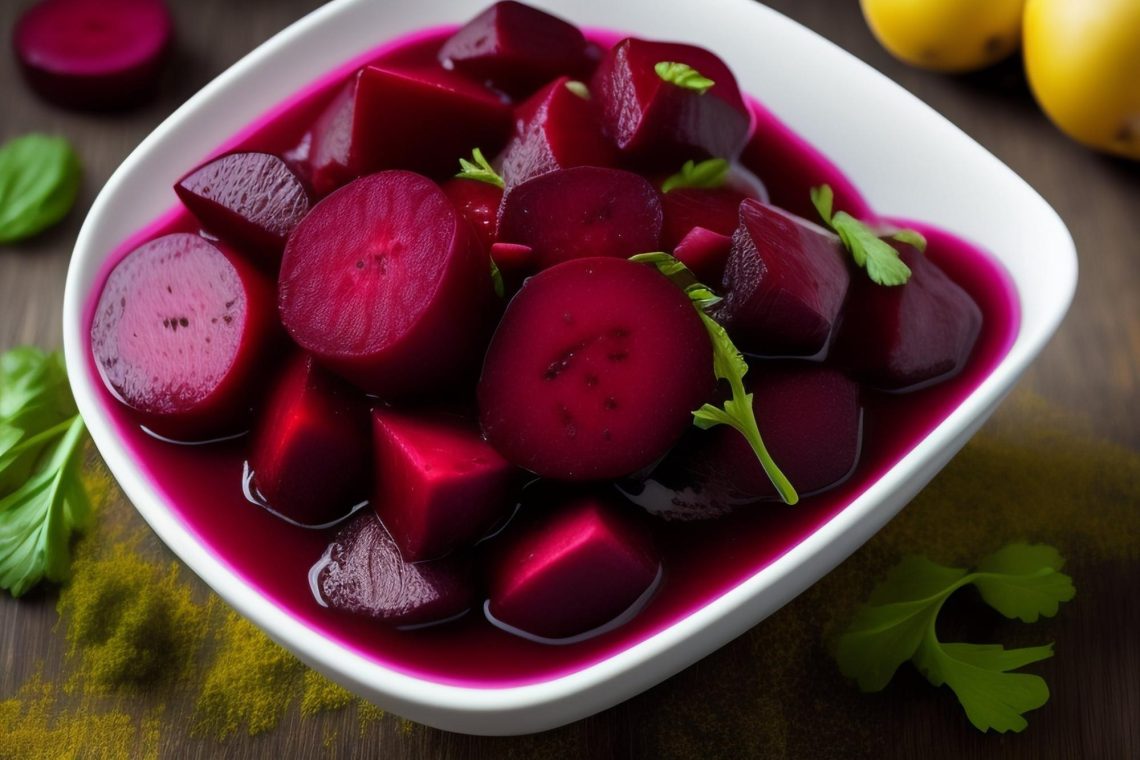

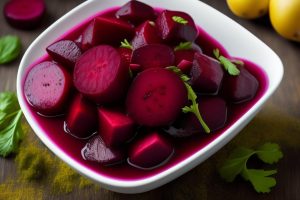 4. Boost Athletic Performance
4. Boost Athletic Performance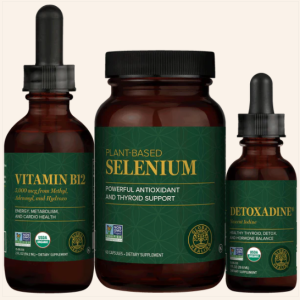
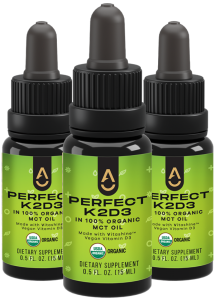
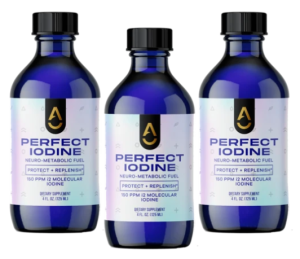
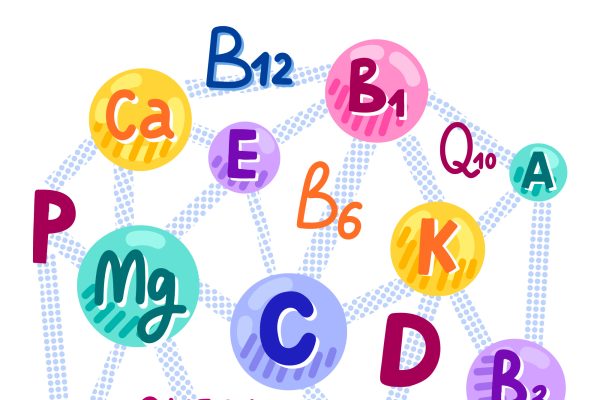
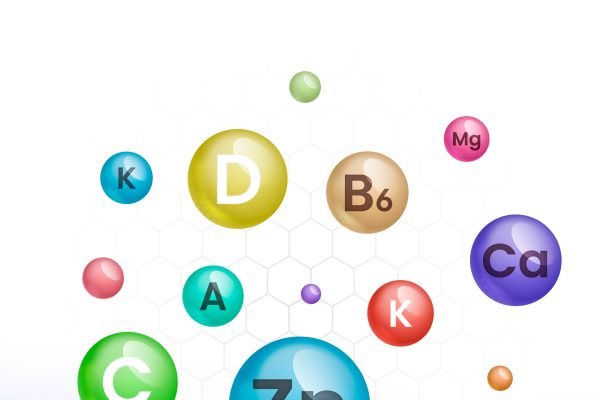
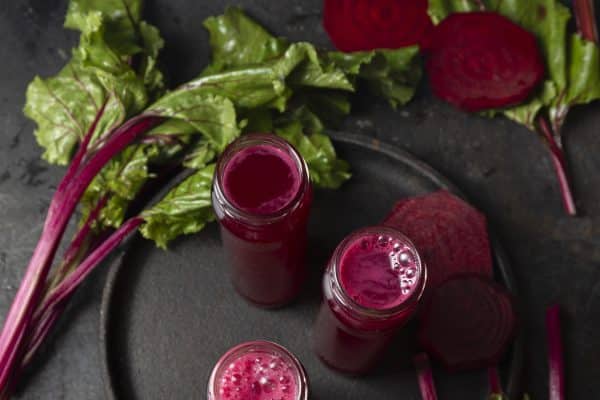

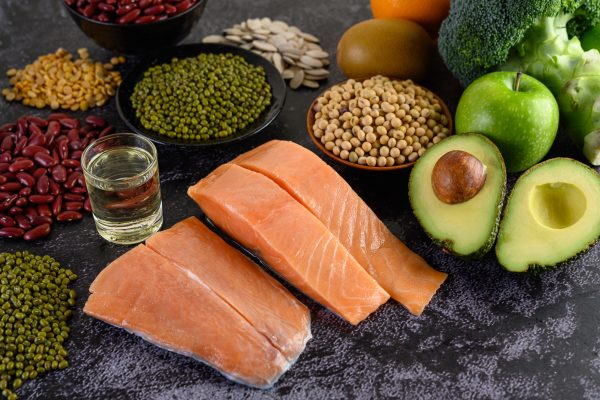


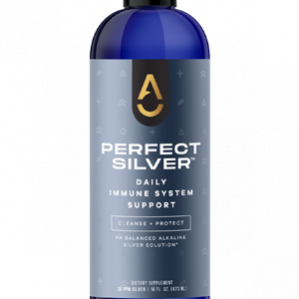
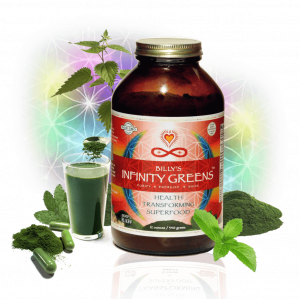

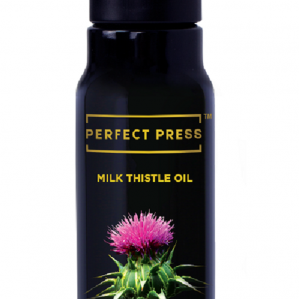
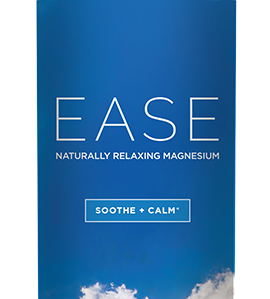











0 Comment